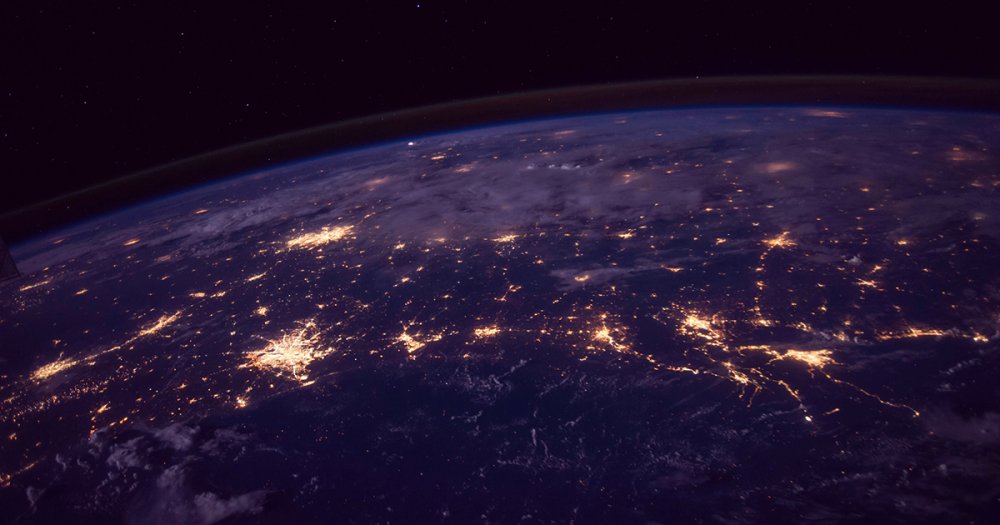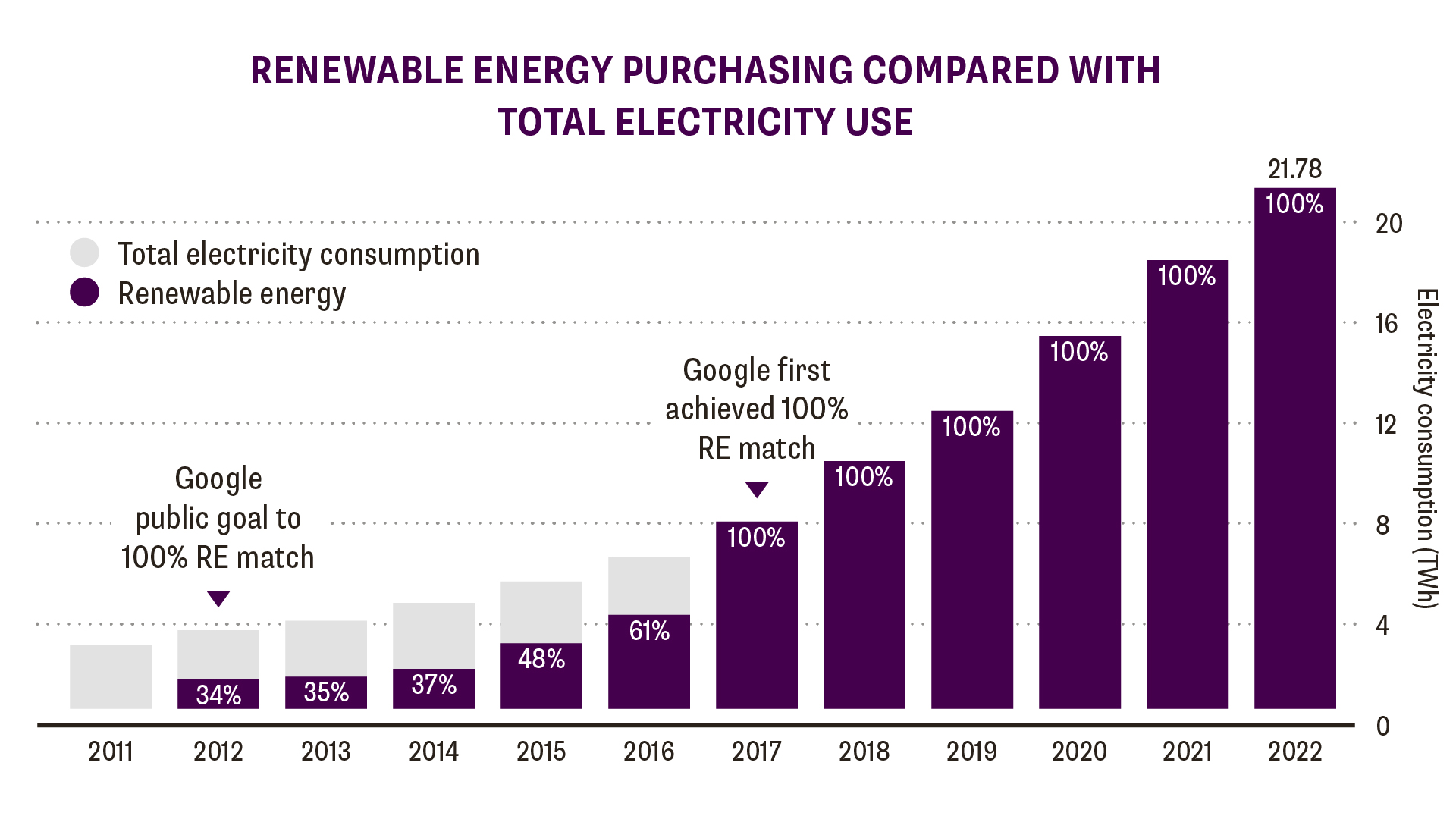Researcher Kari Hiekkanen has bad news: Engaging in seemingly harmless activities like watching a TV series while simultaneously browsing social media generates a fair amount of carbon dioxide emissions.
Every device, including its manufacturing process, consumes electricity. Data transmission and large data centers also require significant energy. Since the cost of electricity isn't directly billed to the mobile phone, TV, or computer user, it's easy to overlook the energy consumed.
For instance, calculating the carbon emissions from streaming a single TV series is quite challenging, and the answer to how much is emitted often boils down to "it depends."
Since the cost of electricity isn't directly billed to the mobile phone, TV, or computer user, it's easy to overlook the energy consumed.
For example, the energy consumption of streaming can be affected by factors such as screen resolution. Moreover, with data centers spread across the globe, the energy required to cool them is significant. This energy is generated in various ways around the world, meaning that emissions can vary based on the type of electricity used in each location.
Nevertheless, there are some general guidelines, Hiekkanen notes.
1. Streaming videos alone on your own device generates significantly more emissions than, say, listening to an audiobook.
2. The higher the image resolution, the more bandwidth it requires and the more energy it consumes.
3. Sitting in front of a screen for both work and leisure results in higher emissions compared to engaging in offline activities
To grasp the magnitude of the issue, consider this:
ICT services account for approximately 3.5-4 percent of global electricity consumption. "There is a broad agreement among scientists that ICT services already surpassed aviation in carbon emissions several years ago."
The situation is made worse by the ever-growing energy demands of ICT services. An increasing number of people are streaming TV shows, sending video messages, and using social media on the go, maintaining a constant online presence.
In the wildest projections, the ICT sector is predicted to surpass the entire logistics sector in carbon emissions by 2030. This includes emissions from cars, freight, aviation, and all other forms of transportation.
|
|
Cyber shame is not a phenomenon like flight shame
For the researcher, the emissions from ICT represent an "inconvenient truth." Digitalization has been touted as a solution to numerous challenges, yet it is crucial for consumers to recognize that digital consumption also comes with its own set of problems and sustainability challenges.
Who will assume accountability for the rise in digital emissions?
It's a global phenomenon involving stakeholders across the planet, and there's a lack of standardized reporting practices, Hiekkanen observes.
Organizations often overlook this seemingly intangible sector when devising sustainability plans.
Organizations often overlook this seemingly intangible sector when devising sustainability plans. Unlike the well-known "flight shame" movement, there's no equivalent "cyber shame." Hiekkanen notes that the tech titans are reluctant to admit their contribution to the problem.
For instance, constructing more energy-efficient service centers is now feasible. However, as Hiekkanen points out, "While efficiency may improve tenfold, consumption can increase a hundredfold."
"In 2023, Google's energy consumption equaled a quarter of the annual energy use of Finland."
|
|
| Google's renewable energy purchasing compared with total electricity use |
Digital consumption presents a carbon dilemma similar to many others – it's not an issue that individual choices alone can resolve.
The researcher suggests that a good starting point would be for individuals to become aware of the emissions generated by their online activities.
Approximately 75 percent of online traffic consists of video content, which demands the most power. Notably, about a fifth of these videos are advertisements, with adult entertainment also holding a significant share.
Hiekkanen emphasizes that thoughtful design choices can substantially lower a website's or advertisement's emissions. "Eliminating interactive features and videos can reduce emissions to a small fraction compared to a version loaded with rich, interactive elements."
Can the internet be used in an eco-friendly way?
"Raising awareness is key," says Hiekkanen.
I'd like to think that people will evolve into more rational consumers."
This involves recognizing that digital consumption does indeed consume energy. The business model of digital service providers is predicated on users spending increasing amounts of time online. Consumers should reclaim control over how they spend their time.
"I'd like to think that people will evolve into more rational consumers, as many industries are already shifting away from carbon-intensive production."
























